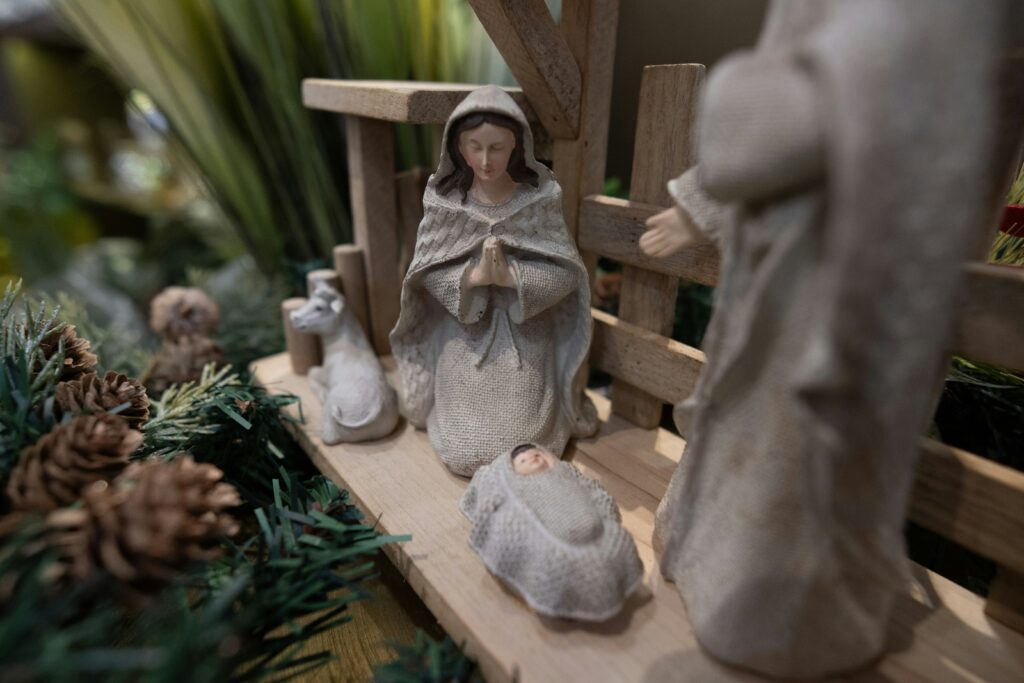Healing For The Nations by Rob Haynes

When I was in my early twenties, I had a mysterious back injury that was debilitating. Several visits to various doctors revealed a problem in my spine that was pinching the nerves to my legs. The medical imaging showed an injury so bad, how it got there was a mystery. It was something usually seen in patients who had severe accidents or had career-ending sports injuries. I had never been involved in anything more than a simple fender bender. The doctors were mystified. I received several rounds of therapy to try to avoid surgery. However, the only solution was an invasive operation that required a lengthy recovery. However, I only got marginal relief. This continued for several years.
The Power of Prayer and Medical Care in Healing
When I later became a Christian, I learned about God’s healing and that we can pray for healing through various means: doctors’ care, medicines, treatments, surgeries, and even divine intervention. I prayed for quite a while looking for healing. One night, at a healing service, I received relief from the pain and discomfort. Praise God! For more than thirty years since that night, I have had no problems with my back.
Bringing Peace and Healing to Our Communities
Our world today is facing debilitating injuries. Political violence shatters our public discourse. Wars rage on with no end in sight. Civil discourse on matters of opinion remains elusive. All of these are causing stress and anxiety in many of us, in our friends, and in our families. While the solutions to these problems are complex, I want to suggest that Christians do have something to offer.
We see a picture of this in the New Heaven and Earth in Revelation 22:1-2:
“Then the angel showed me the river of the water of life, bright as crystal, flowing from the throne of God and of the Lamb through the middle of the street of the city. On either side of the river is the tree of life with its twelve kinds of fruit, producing its fruit each month; and the leaves of the tree are for the healing of the nations.”
Sometimes God brings healing to our bodies through divine prayer, without intervention from medical sciences. Frequently, God brings healing through tangible means like the work of doctors, nurses, medicines, surgeries, and treatments. As Christians, we are called to also pray for the healing of the nations and the troubles we face every day. At the same time, God is calling us to bring that same future healing of the nations to our world today through tangible means. That begins when we model Jesus’ earthly ministry of bringing relief to those who need it, to cloth the naked, feed the hungry, and visit those who are sick or imprisoned. (See Matthew 25:31-46) It is demonstrated when we bring the Peace of Christ everywhere we go. Such peace remains out of reach for so many. However, I think it is simple to begin to be people of peace in Jesus’ Name.
Practical Ways Christians Can Foster Healing Today
The simplest way to do so is to step away from the things that injure your peace. Maybe it is time to fast from the twenty-four-hour news cycle for a bit. Do you need to take a break from social media throughout the day? Instead, go across the street – or across the aisle – and get to know your neighbors more. They, too, are created in the image of God. They, too, are people for whom Jesus died. They, too, are people who need to know the healing power of Christ’s Love. Ask God to teach you more of Himself in your time together. You may be surprised at what he will show you.
The source of the original injury to my back remains a mystery. I still bear the scar from the surgery. However, I do not suffer from the effects of that. The source of the injuries in our society remains a mystery to many people. We will likely bear the scars of past hurts for some time. However, we do not have to suffer the effects of it forever. When Jesus’ followers will heed his call to bring peace to our neighbors in his Name, one person at a time, the healing of our nations will begin.
Subscribe
Get articles about mission, evangelism, leadership, discipleship and prayer delivered directly to your inbox – for free


























